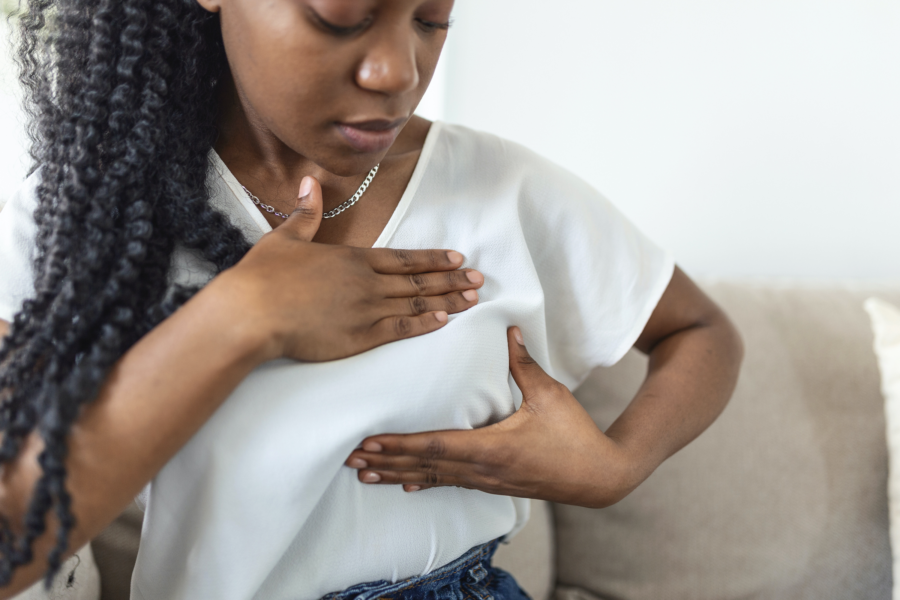Friends and families of persons with disabilities (PWDs) and the general public are invited to participate in activities to mark the Month of the Disabled, celebrated in March, under the theme One Community: United in Action for an Inclusive and Sustainable Future.
The month of activities is coordinated by the National Disabilities Unit (NDU) and the Barbados Council for the Disabled (BCD), in collaboration with several stakeholders. A key feature throughout the month will be Daily Devotions and Co-op Tips on CBC TV.
With the official start on Sunday, March 2, there will be a multi-faith church service at the Derrick Smith School and Vocational Centre, Jackmans, St. Michael, from 4:00 p.m.
On Saturday, March 8, the Multiple Sclerosis Society will hold its first variety sale at Sky Mall, Haggatt Hall, St. Michael, from 10:00 a.m. to 6:00 p.m. Later, in the evening the NDU’s grounds at Maxwelton, Collymore Rock, St. Michael, will be the venue for the first Movie Night of the year. Show time will be from 6:00 until 9:00 p.m. with featured movies entitled “Jungle Cruise” and “Inside Out 2”.
World Glaucoma Week, from Sunday, March 9, to Saturday, March 15, will allow for Barbadians to get tested at various locations.
On Wednesday, March 12, the NDU, in collaboration with Carlisle Laboratories, will host a health fair on its grounds at Collymore Rock, from 9:00 a.m. to 3:00 p.m.
Patrons will be given the opportunity to have blood sugar and blood pressure checks, and introduced to products offered by Carlisle Laboratories. They will also be encouraged to participate in informative sessions on non-communicable diseases and other chronic medical ailments.
Thursday, March 13, will be the date when the Barbados Council for the Disabled hosts a virtual workshop on the topic Electoral Practices Relating to PWDs.
The following day, Friday, March 14, the Multiple Sclerosis Society will host its second variety sale, this time at Sheraton Mall, Sargeant’s Village, Christ Church, from 10:00 a.m. until noon.
On Tuesday, March 18, the National Committee Monitoring the Rights of Persons with Disabilities will host a ceremony on the NDU grounds, from 10:00 a.m. to noon, where Barbados’ official report to the United Nations will be handed over to the Ministry of People Empowerment, for onward submission to the United Nations.
Wednesday, March 19, has been dubbed NDU Aquatic Day. This will see PWDs assembling at Browne’s Beach, Bay Street, St. Michael, from 9:00 a.m. to 3:00 p.m., to enjoy the sea and fun activities planned by the Unit.
The Down Syndrome Association will once again stage its annual “Rock Your Socks”, in commemoration of World Down Syndrome Day on March 21. All Barbadians are encouraged to purchase socks and wear them on that day; take photographs, and display them on the various social media platforms.
A second movie night will be held on Saturday, March 22, at the NDU grounds, from 6:00 p.m. “Moana 2” and “Despicable Me 4” will be shown.
Sunday, March 23, will see 96 persons graduating from the NDU’s Sign Language and Flower Project programmes, conducted last year. The graduation ceremony will be held at the Lloyd Erskine Sandiford Centre, Two Mile Hill, St. Michael, from 4:00 to 7:00 p.m.
On Wednesday, March 26, the BCD will present My Inclusive School at Harambee House, The Garrison, St. Michael from 10:00 a.m. My Inclusive School awards serve as a platform to acknowledge and commend schools demonstrating exceptional dedication to fostering an inclusive atmosphere for students with disabilities. They are recognised for implementing innovative practices, accommodations, and initiatives aimed at tailoring education to meet the needs of every child.
Later in the day, at 7:00 p.m., the NDU will host a public lecture at the Frank Collymore Hall, where The Most Honorable Kerryann Ifill, FB will present “This is My Story”. The month of activities will conclude on Saturday, March 29, with the “Special Envoy’s Outing” at Farley Hill National Park in St. Peter. (PR/GIS)

 Business4 weeks ago
Business4 weeks ago
 International3 weeks ago
International3 weeks ago
 Local3 weeks ago
Local3 weeks ago
 Tourism3 weeks ago
Tourism3 weeks ago
 Environment3 weeks ago
Environment3 weeks ago
 International4 weeks ago
International4 weeks ago
 Government3 weeks ago
Government3 weeks ago
 Features4 weeks ago
Features4 weeks ago























